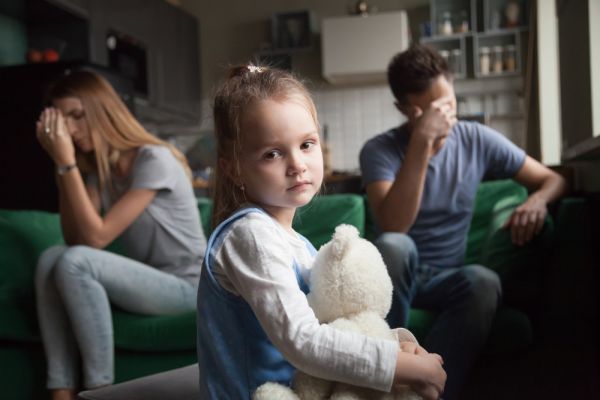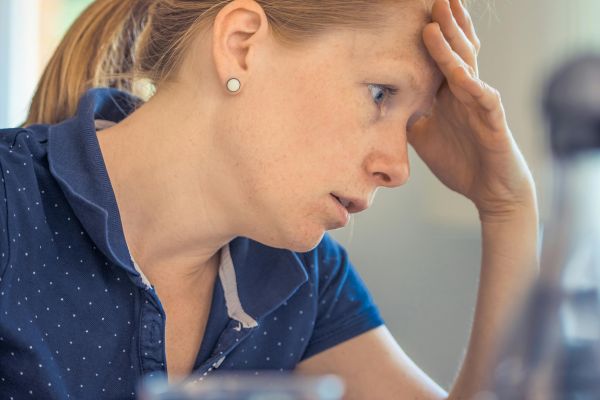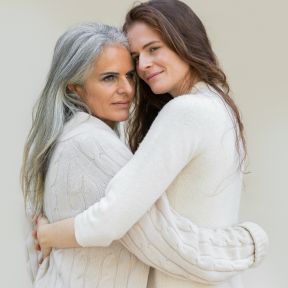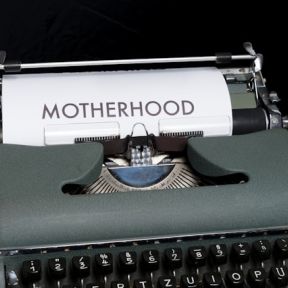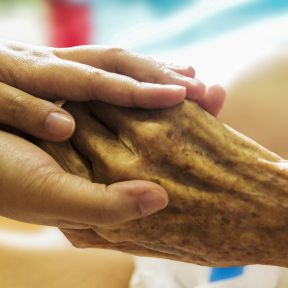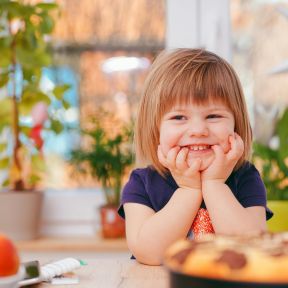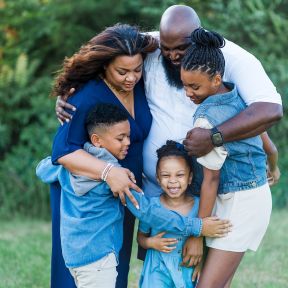The Families We Choose
Family is what you make it to be. You don’t need flesh and blood to make close kinships. A family can be formed in many ways: partners with no children, close platonic roommates, a man and his dog, good neighbors, grandparents or aunts or uncles raising children. Fifty years ago, 88 percent of kids under age 18 lived in a nuclear two-parent family, that figure is currently about 69 percent. The best family for you is the family that you choose.
Today, you do not need marriage or kids to make a family. In fact, in more recent decades, the holiday dinner table holds more than just blood relatives; and sometimes, there are no blood relatives in attendance, whatsoever. The face of the modern family has changed dramatically.
Who doesn’t consider close friends to be family? Friends are a cornerstone of healthy relationships and the bedrock of our social support systems. When you have a friend, you are both offering to be a part of each other’s support network. Close friends are the people who are there for you during times of need; they drop everything to come to your aid. We often prefer friends over family, they are less judgmental and less likely to bombard you with their morals and values. Some people will even argue that their friends know them better than their family.
Sometimes family relationships are tainted by seriousness, negativity, and a sense of obligation. But with friendship, blame and shame don’t rear their ugly heads as much. If you have negative feelings about a friend, then why would you bother with that person? With friendship, there should be more lightness and positivity. We pick our friends and they pick us, that complement brings an affection that makes us feel secure and valued.
Flesh and blood family members aren’t always willing to be up front with us about certain things. Why would they be? We’re not always willing to hear what a family member has to say; we bristle and are defensive with their feedback. Having close friends may offset this dynamic. We’re often more willing to take a friend’s commentary, which can impact and help how we relate to our family relationships.
Close friendships are based on reciprocity. If you repeatedly fail to show up when you’re needed, and depending on how great your friend’s need may be, your value within this network will decline. Don’t be surprised if she fails to show up for you, either. Friendships are built on mutuality and reciprocity, if you are there for her, she will be there for you. Like family.
According to research from Michigan State University, older people are healthier and live longer when they have a close network of friends. Essentially, when it comes to longevity, friends can matter more than family. And if that friend lived nearby, one’s health and happiness increased by 25 percent.

Increasingly, people consider a childless household to be a family unit. According to the U.S. Census Bureau, the percentage of adults living without children has increased by 19 percent between 1967 and 2017 and they define family as a “group of two people or more, related by birth, marriage, or adoption and residing together." And research from Indiana University supports this perception: Researchers found that 92 percent of people surveyed viewed a husband and wife without kids as family.
Research from Indiana University found that respondents perceive childfree men and women as less fulfilled, and even immoral when compared with people who have children. Childfree women who have chosen not to have children are often unfairly labeled self-centered and shallow. SImilarly, people misjudge and marginalize men without children, labeling them as commitment phobes. The reality is in fact very different.
There is no clear answer here, but people who have children are more likely to suffer depression than people who do not have children, according to research from Florida State University. While there is a bump in marital quality when kids leave for college, parents tend to carry their anxieties through the empty nest stage, and they continue to worry about their adult children’s health and well-being in later life.
A Danish study found that infertile couples were more than three times as likely to get divorced as couples who have children. However, many couples who cannot have children do stay together. A UK study found that a huge contributor to the happiness of childfree couples is simple relationship maintenance—making the time to talk and share experiences and common interests.
Whether partners are childfree by choice or childless involuntarily, researchers are starting to pay attention to this category. One study that appeared in the Wiley journal Sociology Compass, "Doing Family Without Having Kids," found that these adults can create bonds that mirror the fulfilling aspects of having children.

What is a pet’s place within a family? In one study, dog owners were asked to complete what is called the family life space diagram, in which symbols representing family members and dogs are placed within a drawn circle representing one’s life space. In 38 percent of the diagrams, the family dog was placed closer to the self than other family members. Other studies of a pet’s place within a family constellation have similar results: pets are often found close to the center—again, closer even than human family members.
If the animal’s presence is inconvenient, the animal is often ejected from the family system. As anthropologist Dafna Shir-Vertesh notes, animals are “flexible persons” or “emotional commodities.” They are persons when we want them to be, and when we tire of them or they create tension in a family or we are moving house, they are demoted to being “just a pet.”
In some parts of the world, Wuhan China for one, pets have been abandoned because families had to leave their homes. In other places, such as in the U.S., people lost jobs and people were asked to work from home and quarantine. The adoption of dogs and cats has increased at a record pace in 2020. In fact, animal shelters around the country have been reporting difficulties in keeping up with the demand for animals. Animal enthusiasts, however, worry about post-pandemic treatment of pets.
Participants in a study on pets and the people who care for them found that more women than men considered themselves parents to their pets. This may change after the birth of children. Here, again, we see a flexible sense of personhood, in which the treatment and regard of a pet shifts as a result of changes in circumstances and the overall family dynamic.
Your pet cannot legally be a beneficiary of your assets. However, you can create a trust for your pet. This will ensure that your pet is cared for after you die. Between 100,000 to 500,000 animals end up in shelters after the death of their owner-pet parent, according to the Humane Society of the U.S.


